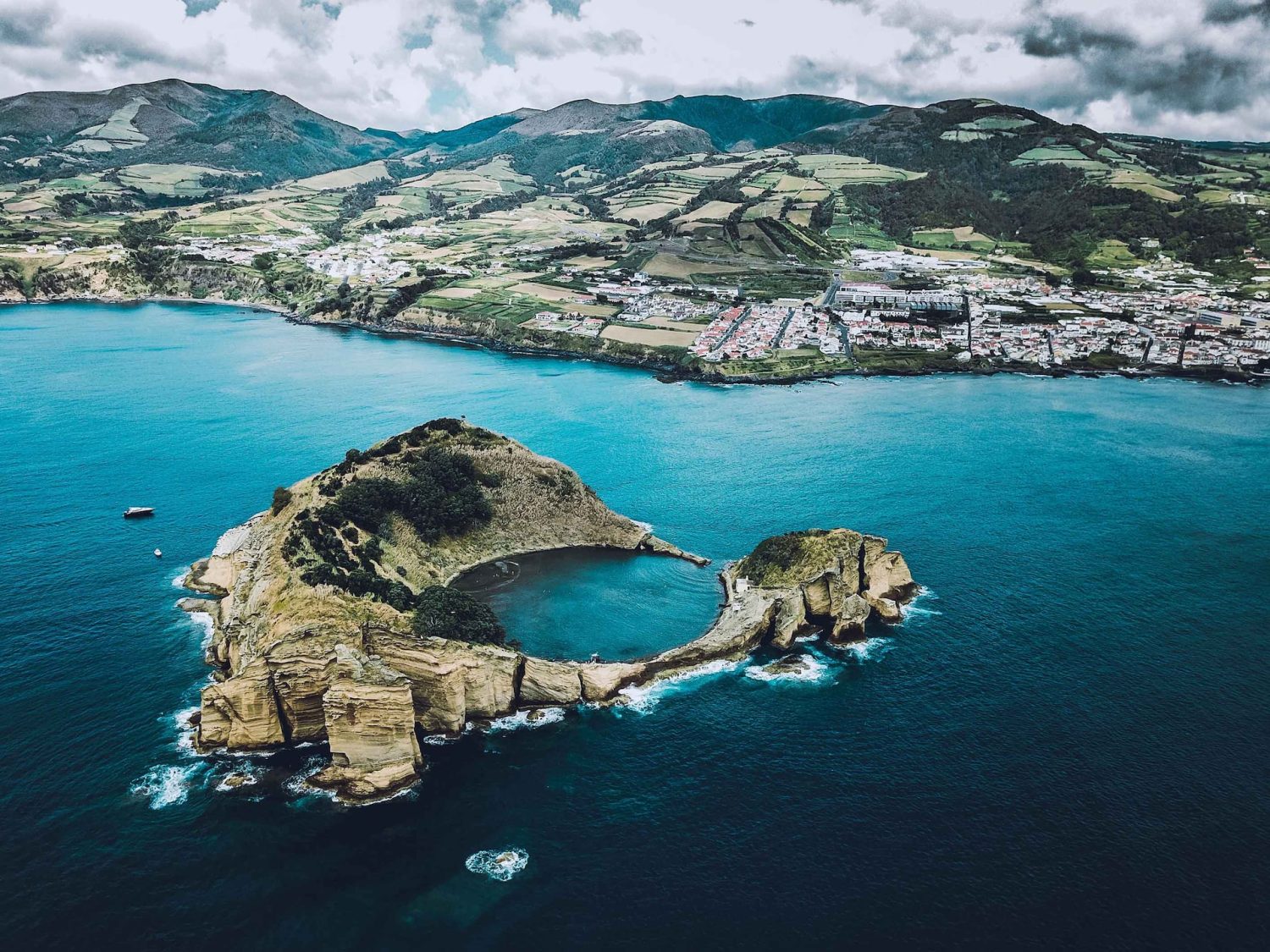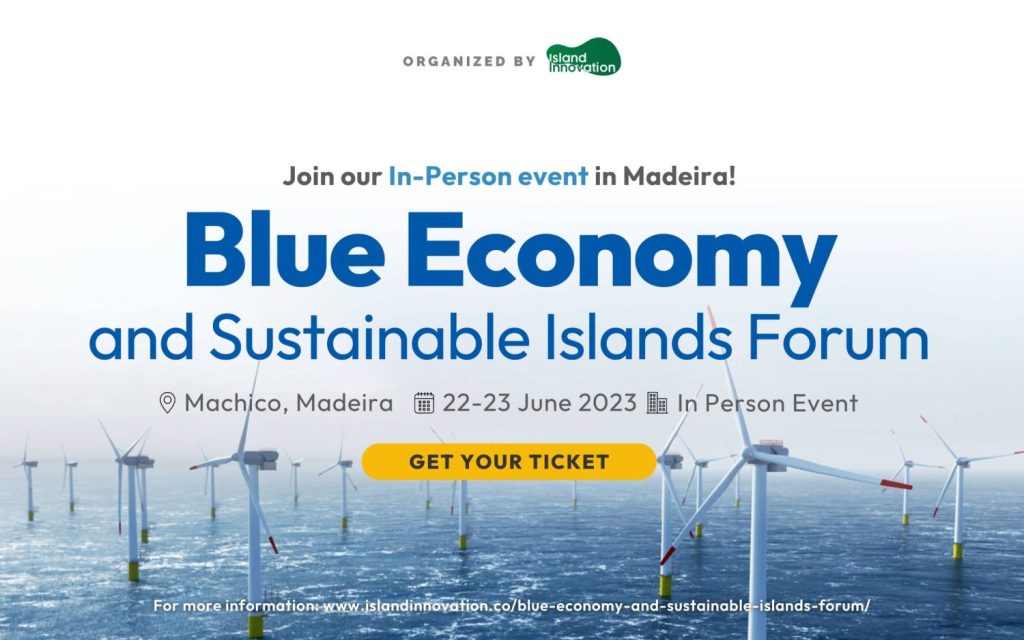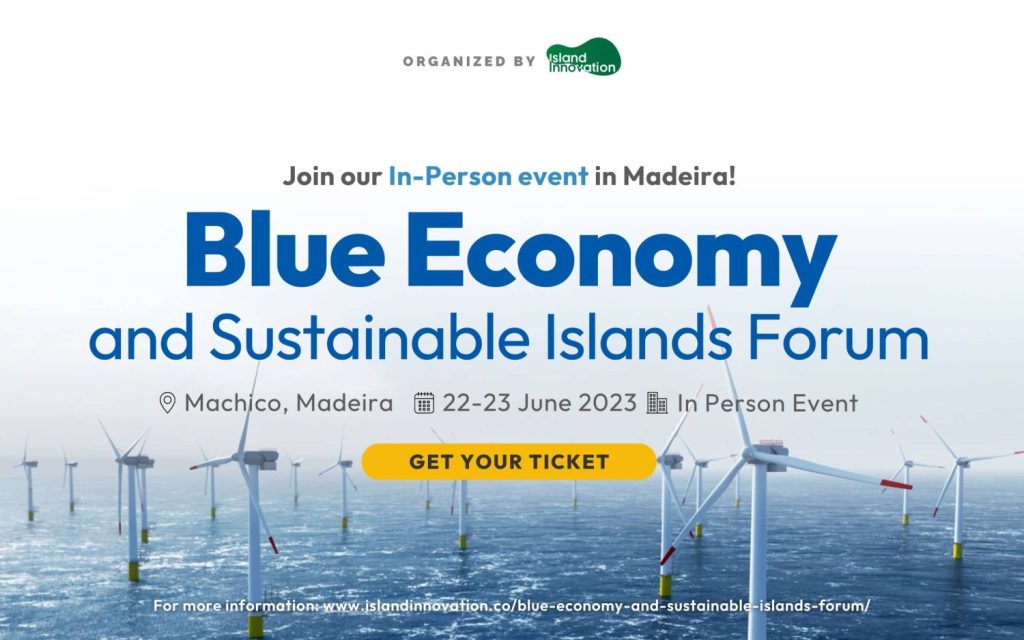The Blue Economy in Portugal
The Blue Economy refers to the sustainable use and management of ocean resources for economic growth and job creation while protecting marine ecosystems. Portugal, a country with a long coastline and a strong maritime culture, has been at the forefront of developing and implementing initiatives to foster the Blue Economy.
Portugal’s commitment to the Blue Economy is exemplified by its Ocean Strategy 2013-2020, which aims to promote the sustainable use and protection of the ocean and its resources. The strategy focuses on four main areas: knowledge and innovation, competitiveness, environmental sustainability, and governance.
One of the most successful examples of Portugal’s Blue Economy initiatives is the Marine Renewable Energy Centre (MARE), a network of research centers and organizations established in 2010 to support research, development, and innovation in the field of marine renewable energy. MARE has been involved in several projects, including the installation of a wave energy converter off the coast of Aguçadoura and the development of floating wind turbines. These initiatives have not only helped to reduce carbon emissions but have also created new jobs and economic opportunities in coastal regions.
Another example of Portugal’s commitment to the Blue Economy is the creation of the Blue Bio Value accelerator program. This program supports the development of innovative and sustainable businesses in the Blue Economy sector, focusing on areas such as marine biotechnology, aquaculture, and fisheries. The program provides funding, mentoring, and networking opportunities to help startups and SMEs bring their ideas to market.
Forum Oceano is a Portuguese association that aims to promote and develop the sea economy, namely in the areas of marine science, marine biotechnology, ocean renewable energy, maritime transport and logistics, and coastal tourism. The association brings together a wide range of stakeholders, such as companies, research institutions, universities, associations, and public entities, with the goal of enhancing the sustainable use of ocean resources and fostering innovation in the blue economy.
Investing in the Blue Economy
Investing in the Blue Economy can be beneficial for governments, businesses, and society as a whole. The ocean has the potential to provide renewable energy, food, and raw materials, as well as opportunities for tourism and recreation. Moreover, a healthy ocean ecosystem is essential for regulating the Earth’s climate, producing oxygen, and absorbing carbon dioxide.
For businesses, investing in the Blue Economy can create new markets and revenue streams while reducing environmental impacts. For example, the use of sustainable fishing practices can help to maintain fish populations and ensure a stable supply of seafood, while also reducing the impact of fishing on marine ecosystems. Similarly, the development of renewable energy sources such as wave, tidal, and offshore wind power can provide a reliable and sustainable source of energy.
For governments, investing in the Blue Economy can create new jobs and economic opportunities in coastal regions, which are often underserved and economically disadvantaged. The Blue Economy can also help to diversify local economies and reduce dependence on traditional industries such as fishing and tourism. Moreover, investing in ocean conservation and management can help to protect marine ecosystems and ensure the long-term sustainability of ocean resources.
For society as a whole, the Blue Economy can provide opportunities for recreation, education, and scientific discovery. The ocean has an inherent cultural value, and preserving and celebrating its unique natural beauty and diversity can help to foster a sense of community and connection to the environment.
Positive impacts of the Blue Economy for islands
The potential positive impacts of the Blue Economy are particularly significant for islands and communities that depend on the ocean for their livelihoods and cultural identity. For example, in Madeira, an archipelago located off the coast of Portugal, the Blue Economy has played a key role in the region’s economic development. Madeira has implemented several initiatives to promote sustainable tourism and marine conservation, including the creation of marine protected areas and the development of ecotourism activities such as whale watching.
Similarly, in the Azores, an archipelago located in the middle of the Atlantic Ocean, the Blue Economy has been a driving force for economic growth and sustainability. The Azores have invested in sustainable fisheries, renewable energy, and marine biodiversity conservation, which have helped to create new jobs and economic opportunities in the region.
Successful Blue Economy Projects in Madeira
Madeira, an archipelago located off the coast of Portugal, is a great example of how the Blue Economy can contribute to economic growth while preserving marine ecosystems.
Marine Protected Areas
Madeira has established several marine protected areas (MPAs) to preserve the biodiversity of its coastal and marine ecosystems. These MPAs serve as breeding and feeding grounds for various marine species and help to maintain healthy populations of fish and other marine life. The MPAs also promote sustainable tourism activities such as diving, snorkeling, and whale watching, which provide economic benefits to local communities and small businesses while promoting marine conservation.
Eco-Tourism
Madeira has developed various eco-tourism activities, such as whale watching, diving, and snorkeling, that allow visitors to experience the island’s natural beauty while promoting marine conservation. These activities also provide economic benefits to local communities and small businesses. The island has become a popular destination for eco-tourism, attracting visitors from around the world who want to experience its pristine marine environments and unique biodiversity.
Sustainable Fishing
Madeira’s fishing industry has adopted sustainable practices to ensure the long-term viability of fish stocks and protect the marine environment. These practices include using selective fishing gear, limiting fishing quotas, and enforcing seasonal closures to protect spawning fish. The sustainable fishing practices have helped to promote the recovery of fish stocks and preserve the marine environment, while also supporting the livelihoods of local fishing communities.
Renewable Energy
Madeira has also invested in renewable energy sources such as wind and wave power. The island has several wind farms and has implemented a pilot project for a wave energy converter, which generates electricity from ocean waves. The use of renewable energy sources helps to reduce the island’s dependence on fossil fuels and promote a more sustainable and resilient energy system.
Marine Research
Madeira is home to several marine research institutions that study the island’s marine biodiversity and ecosystems. These institutions conduct research on issues such as marine pollution, ocean acidification, and the effects of climate change on marine ecosystems. The knowledge gained from this research helps to inform policies and management practices that promote the sustainability of the Blue Economy.
The examples of Blue Economy projects in Madeira demonstrate how the Blue Economy can be developed in a way that benefits local communities, promotes economic growth, and preserves marine ecosystems. By investing in sustainable practices and innovation, Madeira has positioned itself as a leader in the Blue Economy, showing that economic growth and environmental protection can go hand in hand. The Blue Economy presents a unique opportunity to promote sustainable economic growth while protecting marine ecosystems and preserving the ocean’s cultural and ecological value. By supporting sustainable practices and innovation in the Blue Economy, we can ensure a healthier, more prosperous future for our oceans and the people who depend on them.






